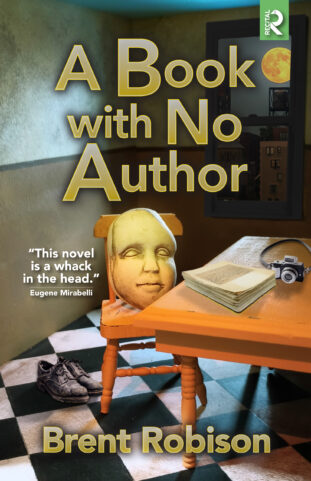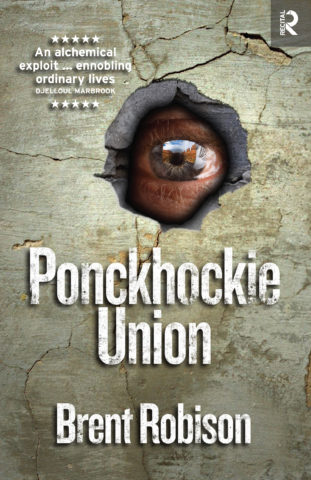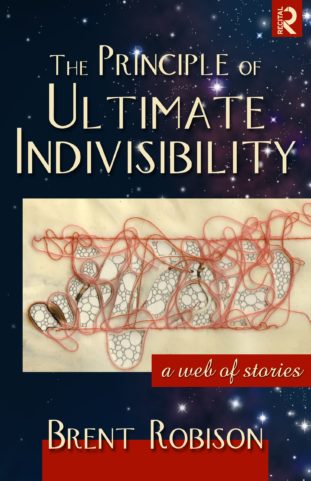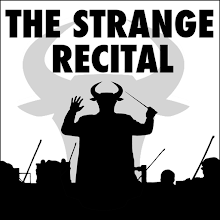 Today I can't do better than to simply copy and paste my friend Djelloul Marbrook's blog post. Replace poetry with fiction, and it says what I want to say:
Today I can't do better than to simply copy and paste my friend Djelloul Marbrook's blog post. Replace poetry with fiction, and it says what I want to say:Divine criminals
Writing a poem is for a transformation of my being. Alchemical work. It may not be the best poem that best carries forward this project. The individual poem is not as important as the act of creating it, and the act of creating is more important than the oeuvre.
I think carpentry or mathematics could be viewed in the same light. The making of something lights a light, and it is not extinguished when the poem is read, the cabinet breaks down, the poet dies and is forgotten. It is somehow remembered, because we belong to a collective consciousness, one great being.
And I suspect that one great being consists of an infinite number of lesser beings, a pantheon.
When I consider this, when I weigh it against my religious and intellectual experiences, I see how readily paganism came to humankind, how much easier it was to grasp than monotheism. I feel no need to reconcile the two. It would be, for me, a fool’s errand. In fact, I see no real conflict, only the ideological conflicts men have chosen to pursue.
Because the better part of my poetic output has occurred late in life I have often contemplated its nature. Do I write for recognition? I don’t despise it. I wish I did. But more and more I see that I write to transform myself, to understand my materials, my experiences, and to make something of them as a kind of gift to the gods. There are writers who dazzle us and there are writers who enlighten us and there are writers who enable us to live another day, and they’re not always the same. And whenever we think we know something we’re actually in grave danger, which is how I’ve come to think of American society—in grave danger because of what we think we know. I have been considering this from my habitually odd angle of seeing things. I thought I was familiar with most if not all the major anglophone poets of the 20th Century. But in 2008 the distinguished Carcanet Press in England published Sylvia Townsend Warner, New Collected Poems, and I was speechless. I had utterly missed this breathtakingly versatile poet whose life for a time paralleled that of William Butler Yeats and whose poetry sometimes reminds one of his work. I’m going to die only a little less ignorant than when I came, barring any knowledge I might have lost in my arrival. And I suspect that if more of us could bring ourselves to espouse this forlorn conviction—rather than our other noisier and more vehement convictions—we might just resume building the society our forefathers had meant to build.
I have a feeling that every day someone who lives in a cardboard box and is familiar with frostbite and hunger has already done something more memorable than Adolph Hitler or Yeats. But whose memory, which memory? I suspect it is a memory of which we are all part, an immortal consciousness that evolves, expands outward, as the universe is said to expand.
I may have smiled at a child in a cafe and thereby done more to change the world than the sum total of my poetry, and I am more than content with this. Had it not been for a handful of such smiles I would not have survived to say this.
I believe each poem is an act of co-creation with a divine consciousness that requires me as a cooperator, a co-creator, a co-imagist. A conspirator, if you will. I believe that each poem, in this sense, is a dangerous, even a criminal act, an act of divine criminality. And I believe that politics and ideologies exist to suppress this divine criminality and are therefore quintessentially anti-cultural and regressive.
I do not think the act of creating art is carried out against society. I think, rather, that society’s impulse is always to brush off the divine fire that ignites it, like a man rushing out of a burning house and trying douse the fire that has engulfed him. Some of us, a very few, choose to walk around on fire, aware of the very high cost of our decision. Some of us, even fewer, learn to glow but not incinerate. The Sufis refer to this as standing in the fire, in the kiln from which a thing of beauty emerges. But beauty often frightens, and it is this frightening aspect of art that politics seeks to extinguish. One has only to think of Caravaggio in art and Rimbaud in poetry to fathom how establishments of any kind are unnerved by great art and literature. Isn’t that why our media are so trivial? They are at the beck and call of establishments for which trivialization is a weapon as potent as ideology, and a lot cheaper.
And when our dust is finally settled, the one great being we have served, or ill-served, remembers us not for what we should have liked to be remembered but rather for what we were impelled to do by our instincts, our grandest compulsions. And that is why I think of those cardboard shelters and the world’s most despised. —Djelloul Marbrook





